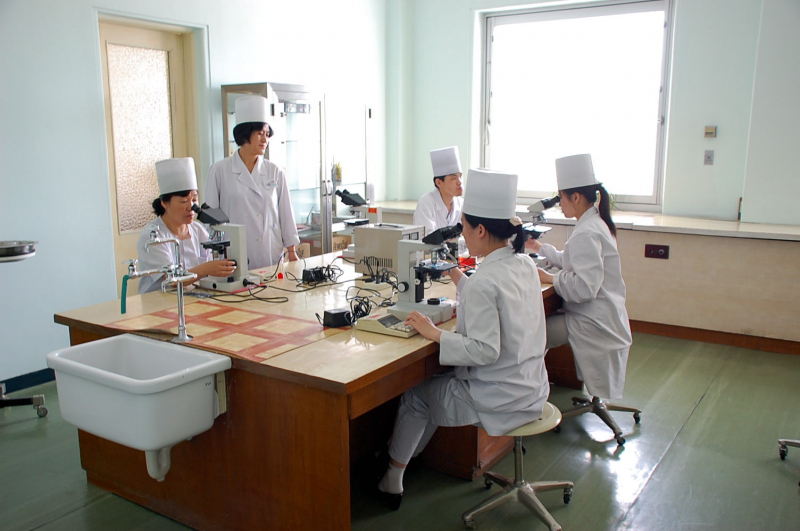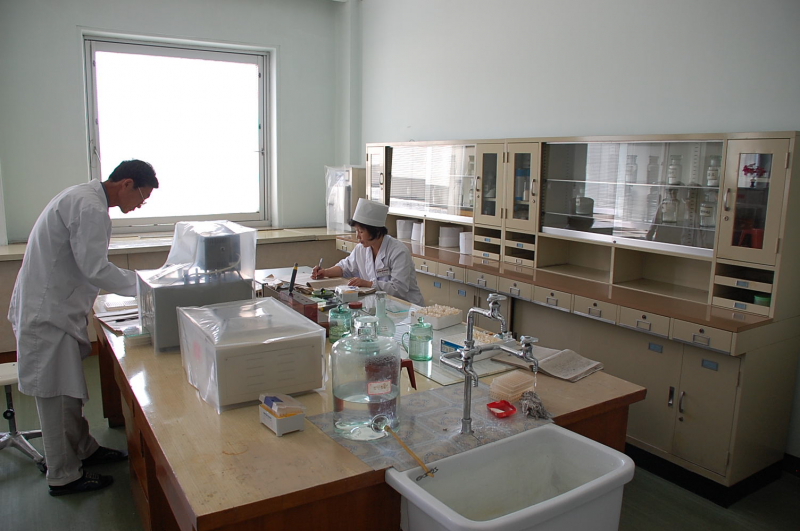Health In North Korea
Your visit will be so closely monitored that you should face no real health hazards in North Korea. Malaria is a problem, especially in the south of the country, and Japanese encephalitis is frequent.
Water-borne, food-borne, and other infectious diseases (such as tuberculosis, typhoid, hepatitis, measles, cholera, and rabies) are all common, with more major epidemics happening on occasion. Your meals, on the other hand, will be strictly supervised, and you will not be able to eat street food.
Hand, Foot, and Mouth Disease (HFMD) is quite prevalent, with more serious outbreaks happening on occasion. Yellow dust, transported to the Korean Peninsula by strong winds from Mongolia and China, can irritate the eyes, nose, mouth, and throat, as well as exacerbate respiratory and cardiovascular disorders, from March through May.













